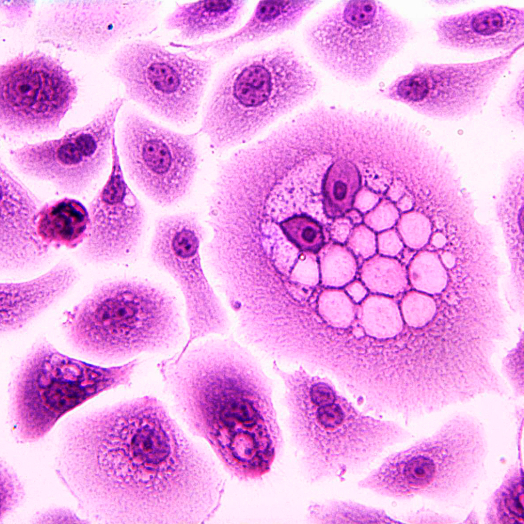The symptoms of squamous cell carcinoma may include a scaly or crusty patch of skin, a sore that does not heal, a raised bump, or a growth with a central depression. It may also appear as a rough or scaly red patch on the skin that may bleed when rubbed or scratched.
The exact cause of squamous cell carcinoma is not fully understood, but risk factors include prolonged exposure to ultraviolet (UV) radiation from the sun or tanning beds, fair skin, a weakened immune system, a history of skin cancer, and exposure to certain chemicals such as arsenic.
Treatment for squamous cell carcinoma may include surgery to remove the affected area of skin, radiation therapy, and topical chemotherapy or immunotherapy creams. The choice of treatment depends on the size and location of the tumor, as well as the patient's overall health and other factors.
The prognosis for squamous cell carcinoma is generally good, as it is typically slow-growing and unlikely to spread to other parts of the body.
